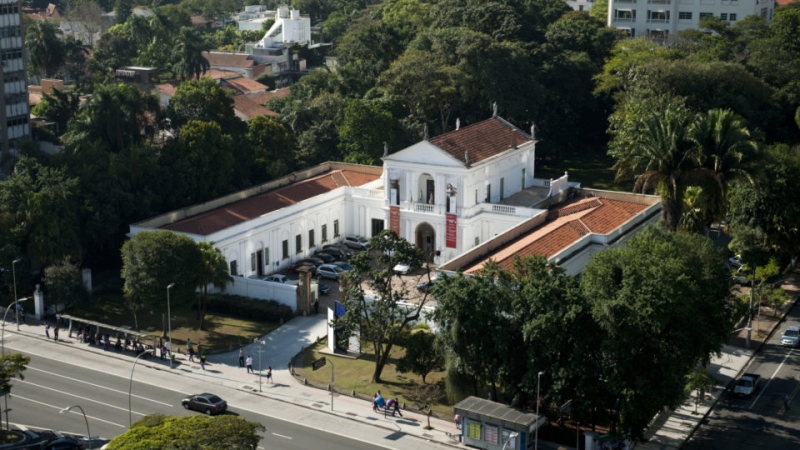Avenida Faria Lima, in São Paulo, will lose an illustrious resident in the next few days: starting in May, the Museu da Casa Brasileira will leave Solar Fábio Prado, the property it has occupied since 1972, two years after its creation, as the Museum of Artistic Furniture and Brazilian History.
Sought after, the only museum in the country dedicated to thinking about living from the perspective of architecture and design confirmed that it will close its activities at the site on April 30, a Sunday, and that it still does not have a new address for reopening.
The same date marks the early end of an agreement signed with the Padre Anchieta Foundation, which owns the Solar, for the management of the MCB. Thus, at the end of the month, the museum returns to the direct responsibility of the Secretary of Culture and Creative Economy of the State of São Paulo, which will be responsible for defining the future of the institution. Like the property, part of the collection that is now part of the MCB is also owned by the FPA and must remain in the space after leaving the museum.
In a note sent to the report, the São Paulo secretary stated that the agreement with the Padre Anchieta Foundation was terminated by mutual agreement, but does not indicate the reasons that led to its dissolution, renewed in 2021 and that originally would extend until 2026.
According to the government of SP, the part of the collection that is currently in place and belongs to the State will be transferred to a technical reserve “until the new space for the Museu da Casa Brasileira is redefined shortly”. The secretariat, however, did not inform if there is a deadline for this definition or if it is already under discussion. The official information is that the museum “will be transferred to another space in the capital of São Paulo, maintaining the same standards aimed at preserving and disseminating the material culture of the Brazilian house”.
Furniture and historical objects, works of art, as well as a rich archival collection composed of traveler reports, fictional literature, family inventories and wills that reveal cultural habits of the Brazilian house will be kept until further notice.
Another lack of definition in the scenario is related to the museum’s programming. The information released by the MCB is that the exhibitions on the institution’s calendar for the coming months should take place in a new space, when the museum is reopened. The Secretary of Culture and Creative Economy of the State of São Paulo indicates less certainty. According to the folder responsible for the MCB, “the schedule of exhibitions for the coming months is in the process of being reassessed”.
HAUS was unable to contact the Padre Anchieta Foundation for more details about his departure from the MCB management and the future uses of the Solar, designed by architect Wladimir Alves de Souza. Neoclassical, the property was built between 1942 and 1945 and donated to the FPA in 1968 by Renata Crespi Prado, widow of the former mayor of São Paulo Fábio da Silva Crespi.

